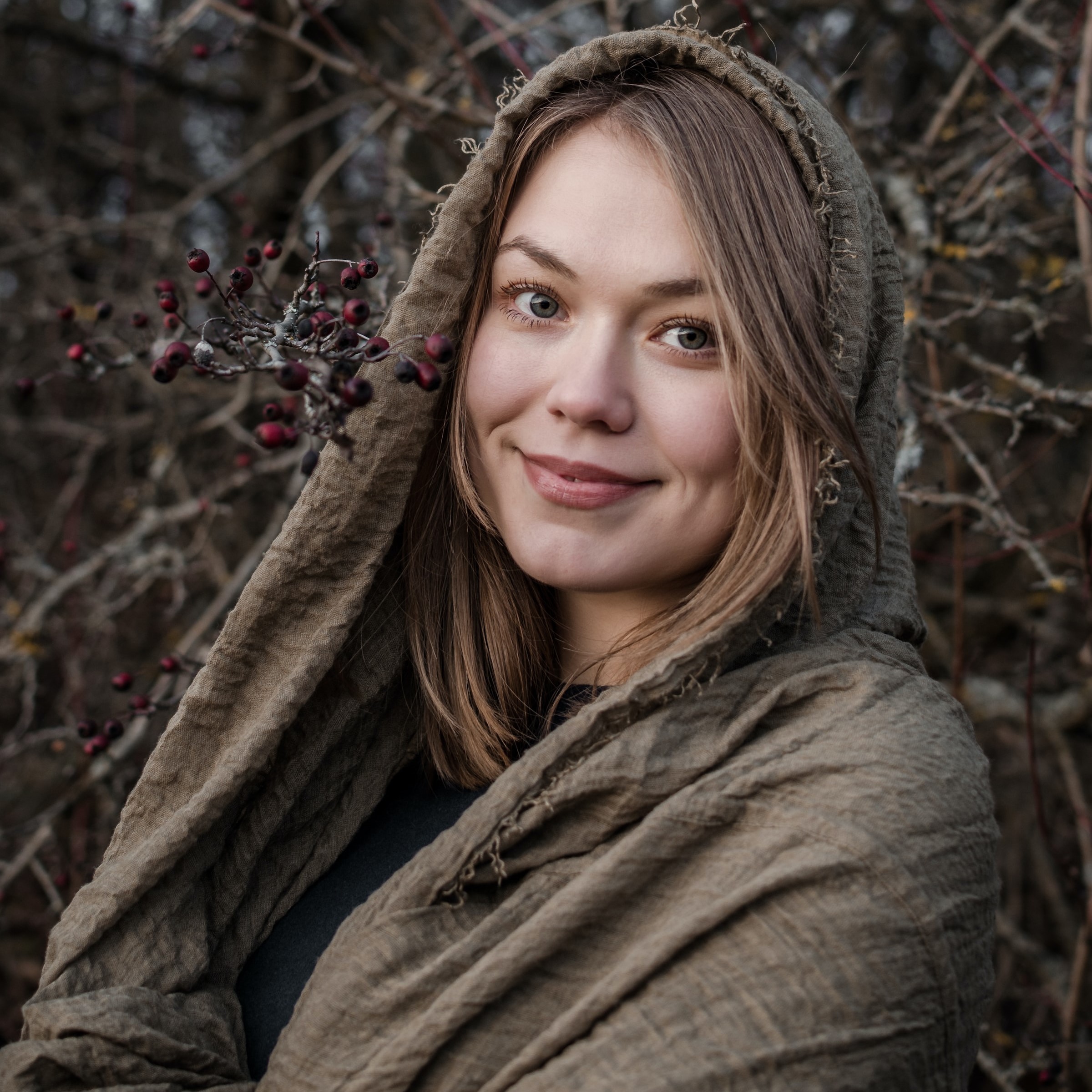Wiccan priestesshood is a life-long undertaking, which is why it takes time for the proper person to become properly prepared for initiation – because when you seek to undertake initiation, you are becoming a priest/ess, with all the rights and responsibilities thereof. In my tradition, it could take two to three years of regular study before a dedicant is initiated to the first degree. And the reason for that is because we want all of our dedicants to be reasonably competent in all the skills necessary to practice independently before we initiate them into the Craft and they take on the title of Priest/ess and Witch. When a dedicant is formally introduced to the spirits, when they speak the oaths and those oaths are accepted by witnesses both seen and unseen, things change. The initiate begins their first steps on their path as a priest/ess, keeping company with Gods, Ancestors, the Mighty Forces of the Elements, and their own Familiar Spirits. When a new initiate’s eyes are opened to the magick that surrounds us and penetrates us (much like The Force), they begin to experience the world in a different way, and that experience prepares them for the revelation of the Mysteries.
In my tradition, the three initiations correspond to the three Great Mysteries. In the first degree, we are born as witches and experience certain things related to life on the Wiccan path. In the second degree, we address our own mortality and experience certain things related to the concept of death and rebirth. In the third degree, we touch the Eternal and experience certain things related to the nature of Life as a spiritual reality. We take oaths at each initiatory level, and we’re given an objective to complete which helps us “settle in” to the connections unlocked at each new initiation.
We take each initiation very seriously because Initiatory Wicca is indeed a priesthood. There is no intermediary between the Deity and the initiate; each initiate is working directly with divine forces – honoring them, learning from them, working their will in the world. And much of this work is done within the confines of the initiate’s personal spiritual practice. The coven exists to support its members in their individual work and perhaps work together toward a higher, common goal, but ultimately the real work of priestesshood is solitary. In this regard, there’s no difference between a dedicant and a third-degree.
But what about leadership, you might ask. Isn’t the entire point of priestesshood to be in a leadership role – to be a high priestess? I’m going to ruffle some feathers here by saying no, it’s not. The point of priestesshood is to connect with the divine and nurture that connection by healing and strengthening ourselves so that we can progress in the Great Work of becoming our authentic selves and reflect the values of the Craft by acting in accordance with them. Serving a larger public community or even leading a coven is not necessarily a part of that work.
I tried on three separate occasions to priestess a coven. The first time was as an I-Read-A-Book priestess with plenty of enthusiasm but no real idea about how covens worked. It fell apart before I graduated high school because high schoolers don’t have the life experience necessary to take on the magickal mission of a coven. The second time, I had a fantastic co-priestess and several students and strong community connections. It fell apart due to incompatible romantic entanglements and a period of serious mental health problems on my part. The third time, I had the benefit of an experienced if intentionally non-aligned magickal partner and dedicants who were both enthusiastic and studious. All things being equal, it would’ve been a successful hiving from my home coven. But it fell apart too, due to a mixture of my own spiritual revelations and my deteriorating physical health.
As much as I liked the idea of doing the background work of running a coven, as much as I enjoyed sharing my knowledge and shepherding my dedicants through experiences that helped them to spiritually grow, I realized that I was not cut out for the pastoral work of priestesshood. I am not the sort of priestess you want to call when you’re ready to be handfasted. I’m the sort of priestess you want to call when you’re ready to confront your inner demons. I’m the sort of priestess you want to call when things go bump in the night and don’t respond to the usual remedies. I’m the sort of priestess you want to call when you are facing terrifying and possibly fatal health concerns. And I’m definitely the sort of priestess you want to call when you’re trying to figure out how to connect to those ancient lines of practitioners who came before us.
I am a sacerdotal priestess. I’m devoted to Ceridwen and Arawn. I work with the Awen and the Dragons and the Otherworld. I honor ancestors from several spiritual lineages that I’m connected to through ritualized and spontaneous initiations. And while I still work with the coven I was initiated into and teach students from Conclave working groups across Missouri, it’s unlikely that I’ll priestess my own coven again. And I’m alright with that. It frees me from a great deal of work that I’m ill-suited for, and it gives me a great deal more opportunity to serve the Gods through my own spiritual experiences and to preserve the Craft by teaching, consulting, and writing. That is the oath I look, and I’m grateful to have finally figured out what I want to do as a priestess of the Craft rather than trying to shove myself into the box of what other people – and I myself – think I should be doing. Some lessons we just have to learn the hard way, right?
So this is my advice to all those who aspire to Wiccan priestesshood: don’t expect your mission as a priestess to look like anyone else’s. Don’t should yourself. Don’t fall into the trap of performing priestesshood like it’s a second job. Instead, embody priestesshood. Bring priestesshood into your everyday life. Let little rituals strengthen you and your connection to Deity. Embrace quality over quantity of magickal moments. And if you find yourself in a situation in which your experience as a practitioner results in a position of leadership, remember that leadership is service, not spotlight.
May you be well on your journey, and may the Gods preserve the Craft!

